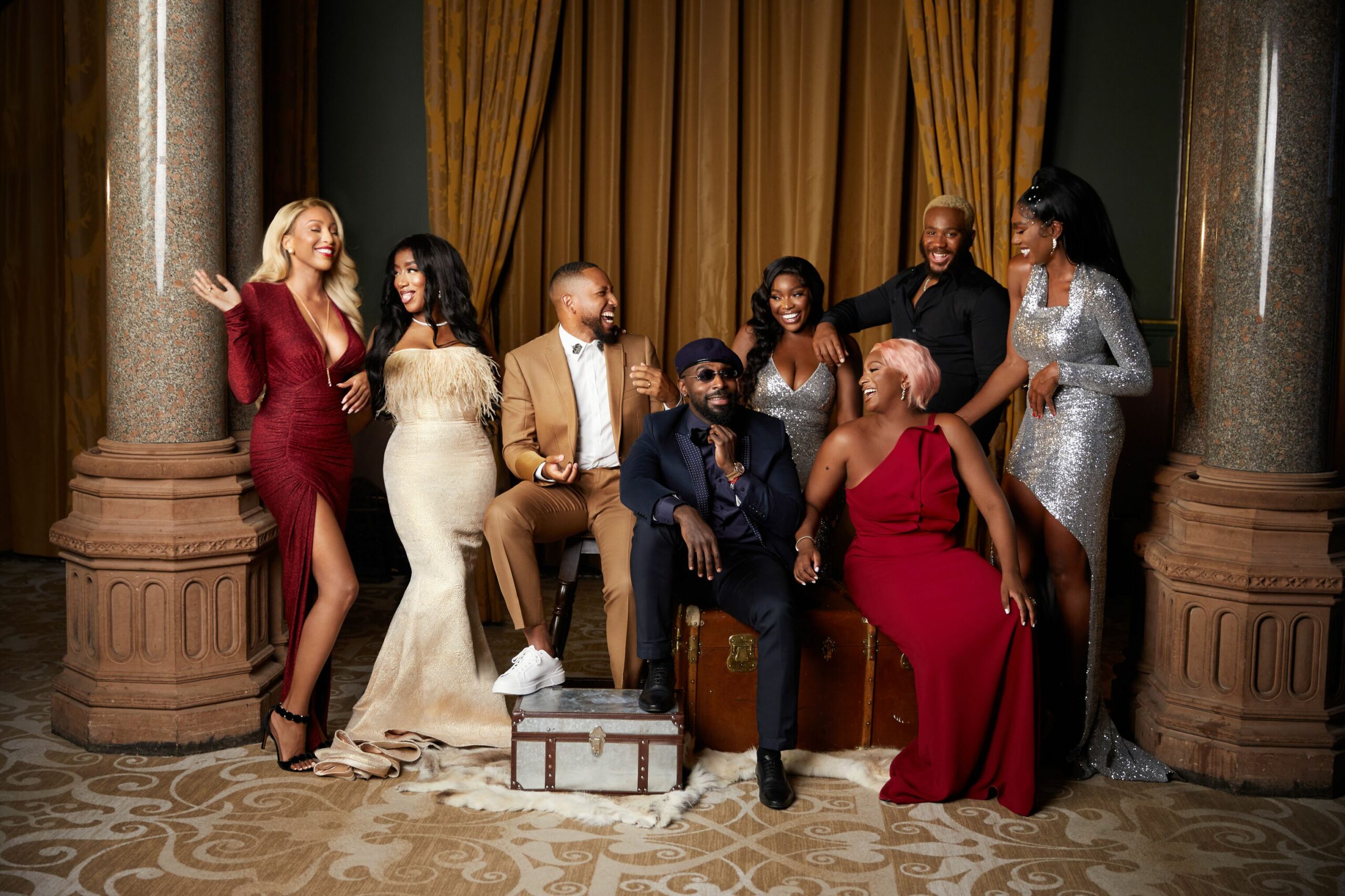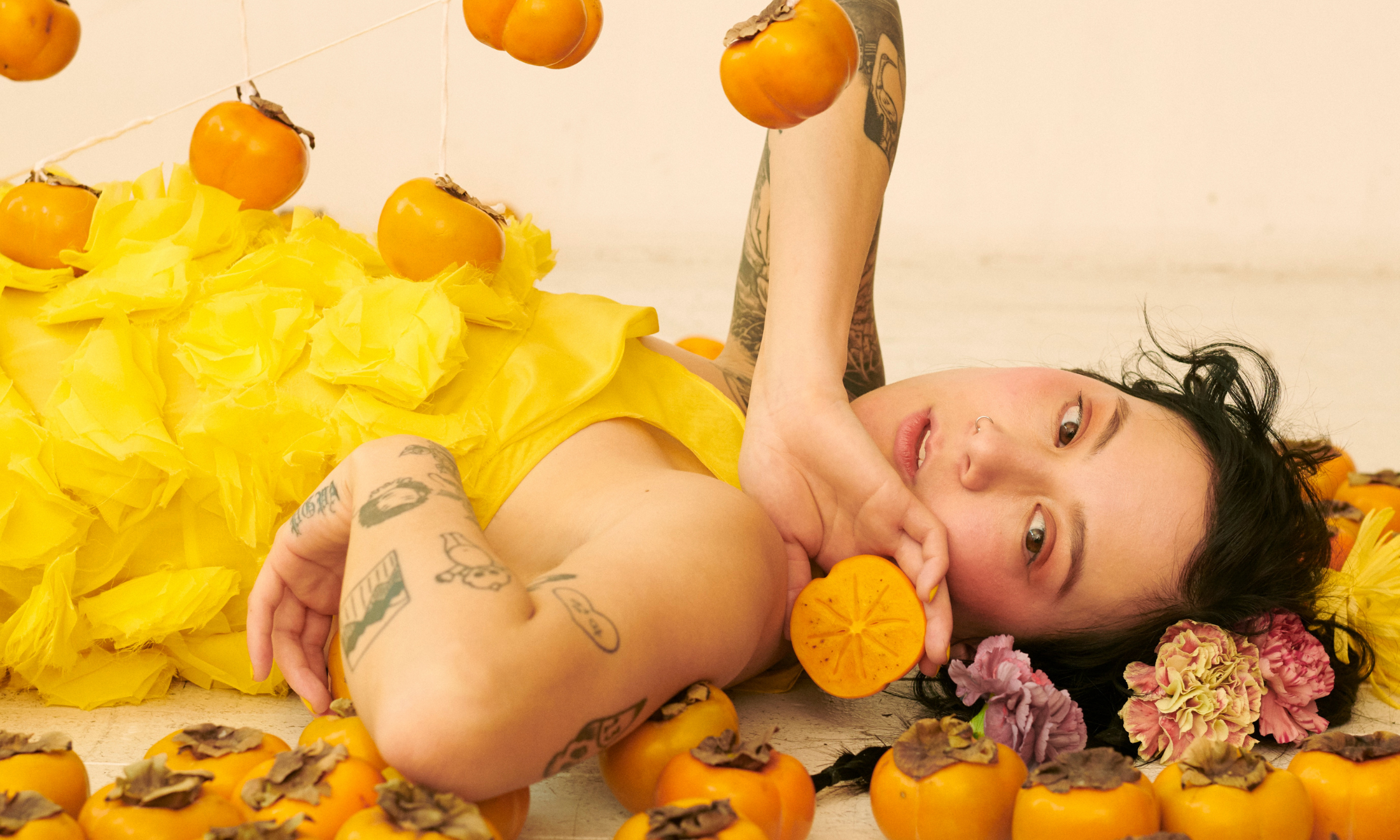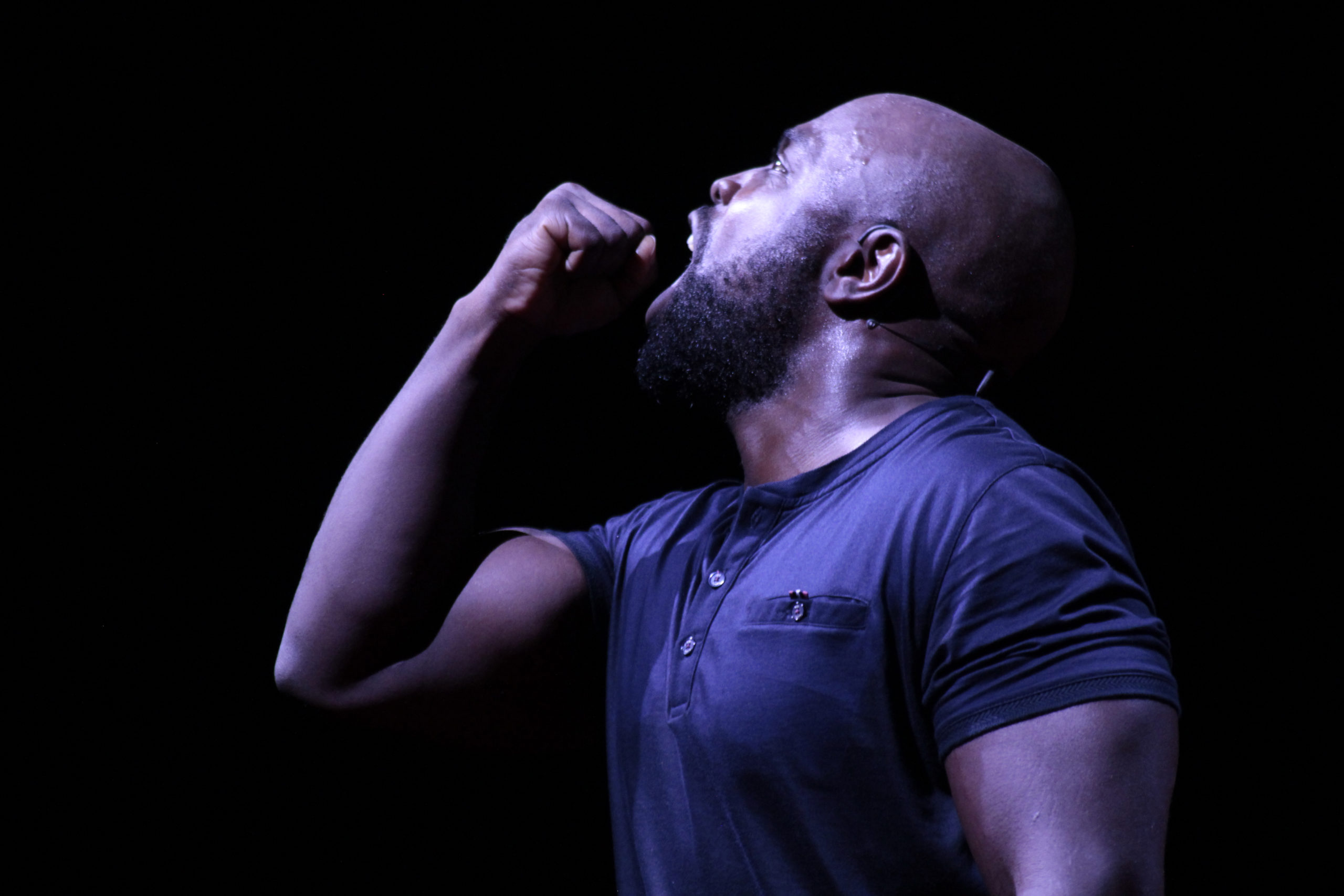Gossip Girl reboot: A diverse cast and ‘woke’ storylines fail to revive the classic
Please never subject us to anything like this again XOXO
DiyoraShadijanova and Editors
03 Sep 2021

HBO/BBC
Good morning Upper East siders, Gossip Girl here, trying to revive a perfectly chaotic and iconic noughties TV series in 2021 by making it #GenZ and #woke. I might no longer be Dan Humphrey’s weird side project on Blogger, but I am now a verified Instagram account run by millennial teachers who apparently have nothing better to do with their lives than to humiliate a bunch of 14-17 year olds (and try to sleep with them).
Sounds bad, doesn’t it? That’s because it is. Unfortunately, the 2021 Gossip Girl reboot fails to capture the magic that once made the series great in 2007 on almost all fronts. The characters lack depth. The storylines feel either contrived or too earnest (especially when social justice issues are shoehorned into every single one of them). And the ‘very online’ humour gives the show a dose of realism literally no one asked for.
As someone who enjoyed binging the original series eight times (it’s a good Depression Watch ok??), I wanted #GG2021 to bring me a bit of escapism during a pandemic. But the frequent nods to the ‘unprecedented times’ and the attempts to modernise the show by forcing the characters to talk about accountability culture was a jarring watch. A bunch of rich people trying to infographic their way out of structural inequalities? Please, I don’t need to consume a six-hour long TV show when I can find better entertainment by going on an influencer’s unravelling Twitter feed in a fraction of the time.
“The frequent nods to the ‘unprecedented times’ and the attempts to modernise the show by forcing the characters to talk about accountability culture was a jarring watch”
A lot has changed since the original, and in under 15 years, there have been huge cultural shifts in attempts to diversify television. Though it had unhinged moments like Little J’s descent into a full-time goth, Serena and Dan becoming step-siblings who date and Chuck trading Blair for a hotel, the Gossip Girl of yore was very straight and very white. This meant that to me, an Asian teenager growing up in London, it was more a spectacle observed from the outside than from within. I gorged on the depictions of ridiculous holidays, glitzy brunches and the limitless shopping sprees with my eyes wide open, so removed from it all I was unable to grasp whether the storylines were a life-like depiction of New York’s rich and famous, or simply satire.
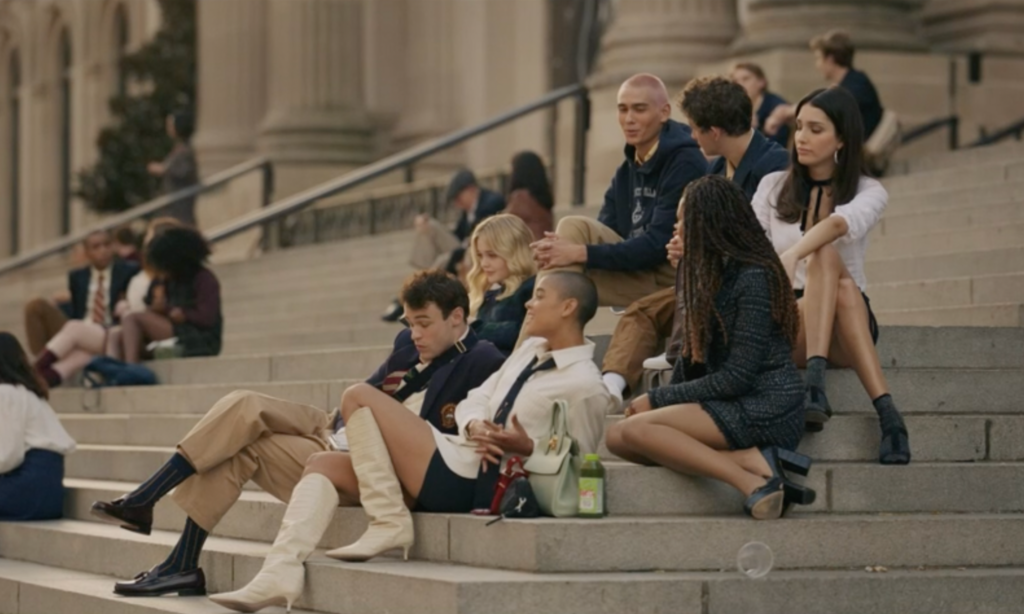
The reboot, however, has a different tone because it tries too hard to be relatable. It’s unsurprising that the more diverse cast – with the central characters being two women of colour, and the group falling on different areas of the sexuality and gender spectrum – is very aware of their privilege and the way it affects their lives. See: Otto “Obie” Bergmann IV, a literal heir to a property empire, campaigning against developers gentifying New York to stop him feeling guilty about his immense wealth. Also see: Julien Calloway fighting for ‘representation’ in the beauty industry and posting social media activism with zero class consciousness.
“I’d be more forgiving if these high-school students didn’t try and do up Notes apologies, and instead stuck to downing martinis on a rooftop bar or having sex in limousines”
Of course it’s stupid to expect a TV show like this to give us a shred of Marxist analysis, but ending the series at a rally that resembles a Black Lives Matter protest, just to have the central characters making out as smokebombs explode behind them is reminiscent of Kendall Jenner’s 2017 Pepsi campaign – trivialising and out of touch. I’d be more forgiving if these high-school students didn’t try and do up Notes apologies, and instead stuck to downing martinis on a rooftop bar or having sex in limousines.
Where the original had real villains for no real purpose but entertainment, the reboot always seems to be after a moral lesson to make up for the lack of actual drama. And this may also be down to the new show’s condensed programming – the original had 18 nearly hour-long episodes, while the reboot only has six, meaning the stories don’t have enough room to breathe or crescendo into a big blowout. Similarly, these constraints shorten character arcs, and so though the cast have more identity facets worth exploring, they become two-dimensional as there isn’t enough space to explore their flaws. Thus everything feels self-contained and rigid; a watered down Gossip Girl-lite if you will.
“My biggest question is, who is the reboot for?”
Perhaps one of the biggest changes to this series is that we know who Gossip Girl is from the start. Before, a plot-driver was guessing who the mystery blogger could be for six seasons, but now the suspense is gone as the reboot makes it clear that teachers at Constance Billard St. Jude’s School set up the Instagram account to knock their students down a peg or two. Sorry, what does that even mean? That’s not how or why gossip works and the showmakers don’t seem to grasp this. “It is not about dropping bombs or exposing secrets; it is the clandestine exchange of information that happens within a friend group”, as Rachel Connolly explains in the New Statesman. “It is about judgement, yes. But also bonding, establishing shared social norms, and addressing some of the strange moral dilemmas we all find ourselves in.”
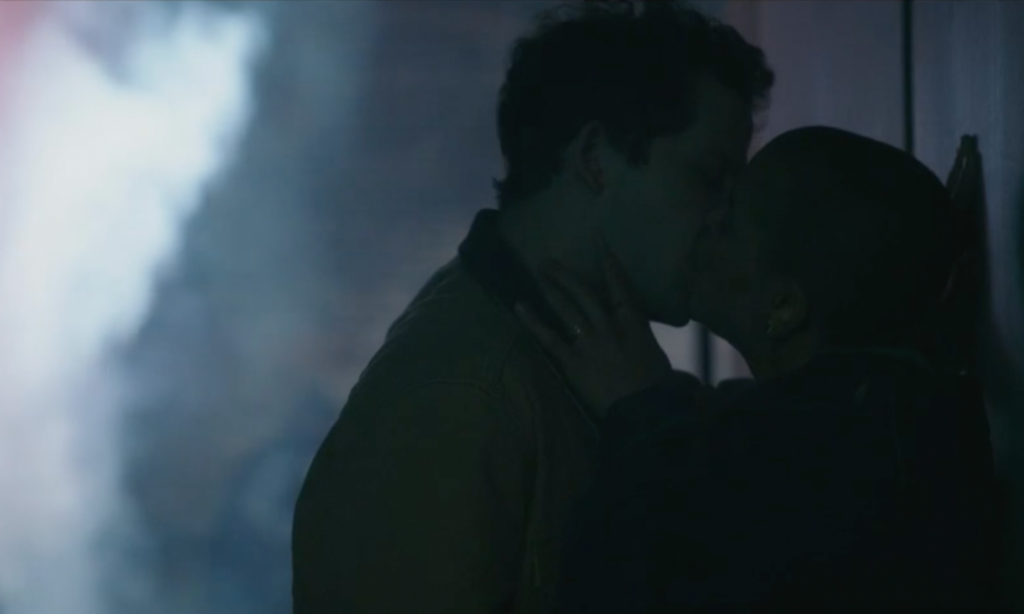
And don’t even get me started on the gaggle of ‘cheugy’ millennial teachers supposedly driving this whole thing. I don’t know what happened with their casting or writing, but their performance feels like watching a GCSE drama project – too much moralising to cover up bad acting. We’re supposed to believe that they’re Gossip Girl? A bunch of neeks who don’t even know basic cyber security and constantly fight each other? Without these cringe-worthy academics, the series may have just been salvageable.
But my biggest question is, who is the reboot for? Was it a show for Gen Z written by people who still think TikTok is a reference to Ke$ha’s 2009 banger? Or was it for old fans of Gossip Girl, who, like me, felt a bit too old for it all? Had the showmakers stuck to the interpersonal drama we’ve all been craving, this might not have been such a problem, but zoning in on ‘wider contemporary issues’, and doing it badly, made for a shallow and forgettable viewing.


